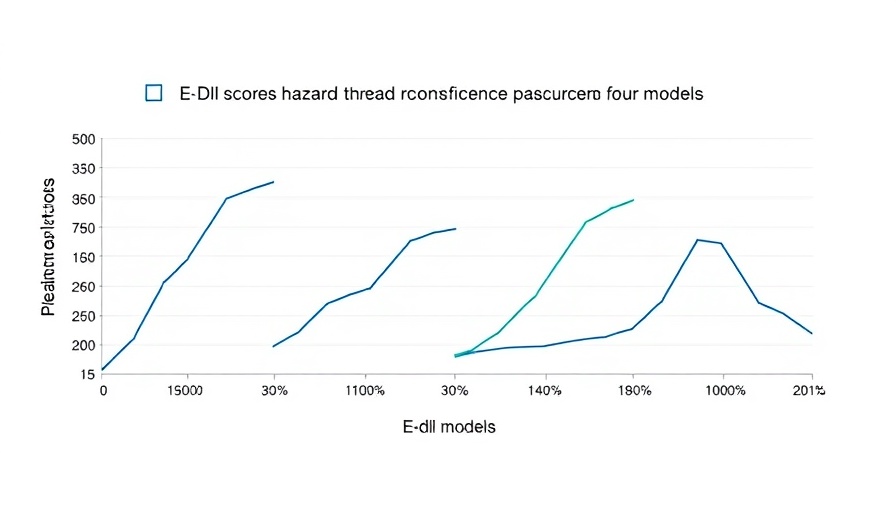
Understanding the Link Between Diet and Bone Health
Recent research has shed light on an intriguing connection between dietary patterns and the healing of fractures, especially the risk of nonunion, where a fractured bone fails to heal properly. A study involving a massive cohort from the UK Biobank analyzed the dietary inflammation index (E-DII) of over 172,000 participants to assess how inflammatory diets impact fracture recovery. The findings are particularly relevant for health-conscious individuals aged 30 to 55, who are often looking for ways to enhance their vitality through diet.
What is the Inflammatory Diet Index?
The inflammatory diet index (E-DII) is a tool used to evaluate the inflammatory potential of a person’s dietary intake. Those with a higher E-DII score consume more pro-inflammatory foods, while lower scores reflect an anti-inflammatory diet. In the context of fracture healing, this research indicates that those following a moderately pro-inflammatory diet reported significantly lower risks of nonunion compared to their peers on highly anti-inflammatory or pro-inflammatory diets. This could inform dietary choices for those focused on improving recovery outcomes.
Unpacking the Results: A U-Shaped Relationship
The study's results revealed a nonlinear U-shaped dose-response relationship, indicating that both extremely anti-inflammatory and excessively pro-inflammatory diets pose risks to bone healing. The optimal risk for nonunion was found at E-DII values between 0.3 and 1.2, suggesting that a balanced intake might be essential for accelerating recovery. For example, foods rich in omega-3 fatty acids, such as fish or flaxseed, could promote an optimal inflammatory response conducive to healing.
How This Research Impacts Longevity and Wellness
This research is particularly relevant in the realm of longevity and well-being. The study aligns with ongoing interest in the impact of diet on overall health and cellular rejuvenation. Including certain anti-inflammatory nutrients, such as resveratrol found in grapes, and collagen supplements, could support not just bone health but broader vitality and aging management. These insights align perfectly with the interests of wellness enthusiasts who seek effective anti-aging supplements.
Future Recommendations for Diet Protocols
In light of these findings, adapting dietary habits seems essential for those undergoing fracture recovery or aiming to bolster their bone health proactively. Optimizing a diet rich in anti-inflammatory ingredients while avoiding overly restrictive patterns could be beneficial. Incorporating longevity vitamins, NAD+ supplements, and CoQ10 alongside natural adaptogens will not only assist in enhancing recovery but also contribute to overall well-being.
Actionable Insights for Your Health Journey
As health-conscious individuals navigate their wellness journey, integrating these dietary insights can significantly enhance overall health. Moreover, considering the influence of dietary choices on healing processes provides a novel angle on preventative health care. Tailored dietary strategies could optimize the healing environment within the body, showcasing the importance of carefully curated nutrition during recovery.
 Add Row
Add Row  Add
Add 




 Add Row
Add Row  Add
Add 


Write A Comment